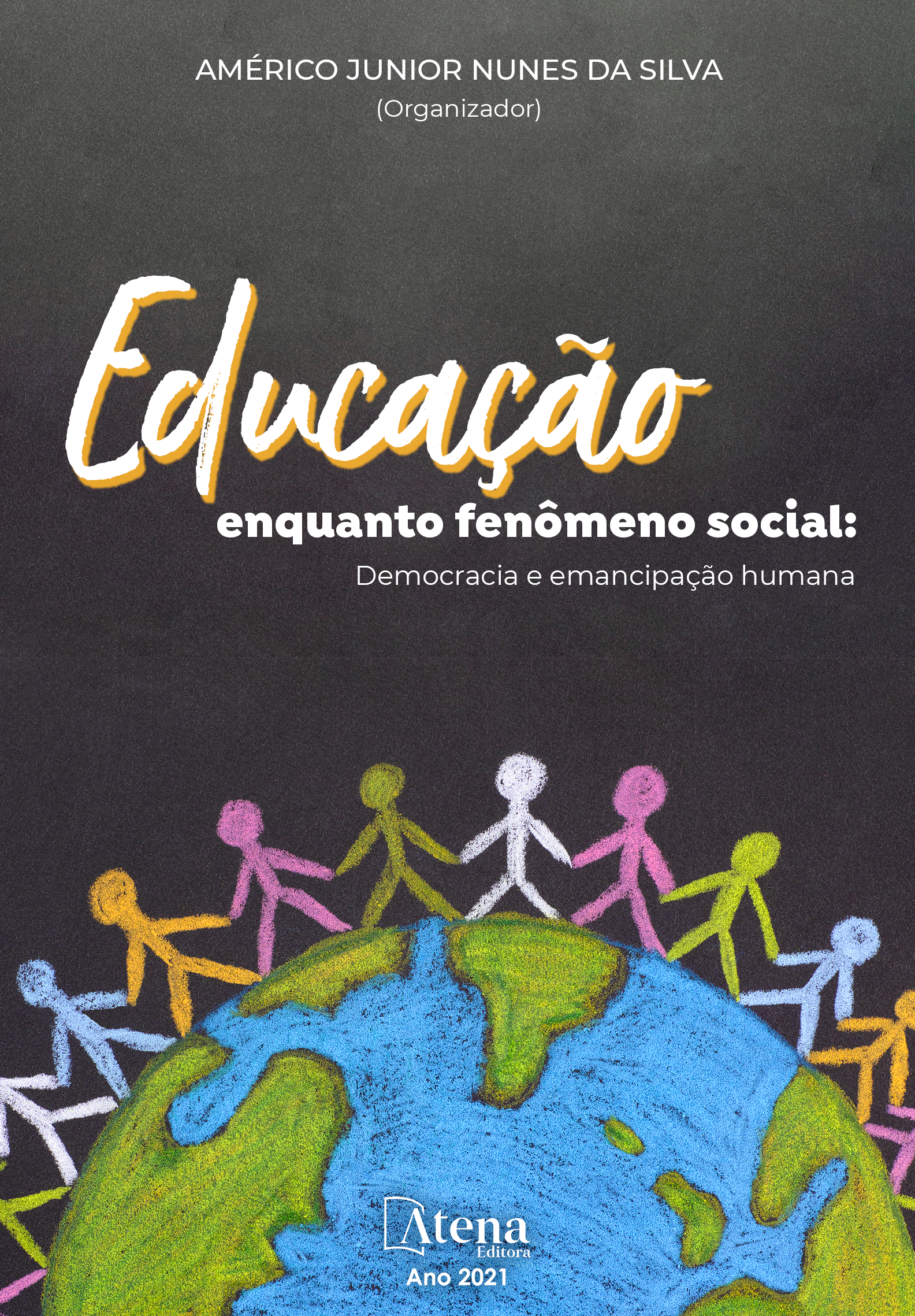
“ALUNO/A DO/NO CAMPO”: ESCOLA, CURRÍCULO E IDENTIDADES DOS ALUNOS/AS DO SOME NA AMAZÔNIA PARAENSE
: O presente trabalho objetiva compreender o papel da escola na formação da juventude do ensino médio das escolas do campo. A educação do campo ganhou visibilidade na sociedade, e se torna crucial compreender como se dão os processos formativos, que vão desde o currículo à sala de aula. Como a escola do campo contribui na formação de seus educandos? A pesquisa é de cunho bibliográfico (VERGARA, 2000) e apresenta a perspectiva de autores/as como: Caldart (2009), Hall (2014), Silva (2000, 2007, 2014), Woodward (2014), dentre outros. A pesquisa mostra que a realidade do povo do campo tem sido negligenciada quando relacionada ao contexto escolar, o currículo não contempla o lugar e a identidade do sujeito do campo. É necessário e urgente um ensino que tenha significado na vida dos estudantes, e que não seja fragmentado, mas associado com o contexto histórico e social.
“ALUNO/A DO/NO CAMPO”: ESCOLA, CURRÍCULO E IDENTIDADES DOS ALUNOS/AS DO SOME NA AMAZÔNIA PARAENSE
-
DOI: 10.22533/at.ed.52921031115
-
Palavras-chave: Educação do Campo. Identidade. Escola. Currículo.
-
Keywords: Rural Education. Identity. School. Resume.
-
Abstract:
This work aims to understand the role of the school in the formation of high school youth in rural schools. Rural education has gained visibility in society, and it is crucial to understand how training processes take place, ranging from the curriculum to the classroom. How does the rural school contribute to the formation of its students? The research is bibliographical (VERGARA, 2000) and presents the perspective of authors such as: Caldart (2009), Hall (2014), Silva (2000, 2007, 2014), Woodward (2014), among others. The research shows that the reality of rural people has been neglected when related to the school context, the curriculum does not contemplate the place and identity of the rural subject. There is a need and urgent need for teaching that has meaning in the lives of students, and that is not fragmented, but associated with the historical and social context.
-
Número de páginas: 13
- Gleyce Carvalho Castro


